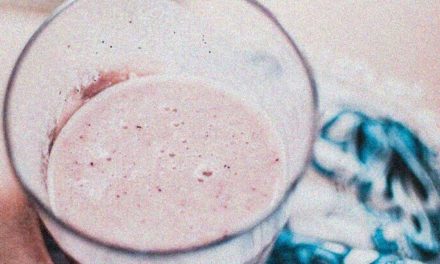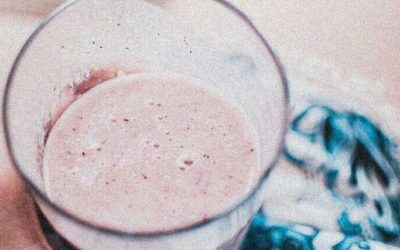Put a finger down if you have at least one memory of a parent telling you to slow down and chew your food before you choke. Put another finger down if you just wrote it off as your parents being dramatic (per usual). Like, seriously Mom? I’m going to choke on Easy Mac?
Cheesy powdered goodness aside, there’s definitely a conversation to be had when it comes to chewing your food and how it can impact your digestion and even your weight. Yes, really.
Here are 5 reasons why you may want to start being more mindful of chewing your food before you take your next bite.
maintain your weight
It should come as no surprise that binging or gorging on food can lead to excess weight gain. But, simply eating your meals too quickly can also lead to the same result. That’s because as we’re eating, our body starts producing a hormone called Leptin, whose job it is to signal to the brain when we’re full. And when we eat too fast, we’re not giving the brain a chance to catch the signal that we’re actually satisfied and no longer need to eat. This, of course, can lead to us eating more than we actually need.
Studies have actually shown a direct correlation between mastication (the fancy term for chewing) and weight gain/obesity. So, if you’re watching that waistline, slow it down! You may find that you’re actually less hungry than you think.
S/N: don’t forget to watch that water intake, as well. Sometimes, we mistake our body needing to hydrate as hunger, leading to unnecessary calorie intake.
nutrient absorption
If you’ve ever stepped foot in a middle school science class, you’ll probably remember that digestion doesn’t start when food hits your stomach – it actually begins in the mouth. The moment we take that first bite, our saliva gets to work, secreting enzymes that break down and predigest our food for us. This is particularly true for starches and fats.
Chewing thoroughly helps us process food with much less effort, as the food will already have been broken down into small particles before even reaching the stomach.
This, in turn, makes it easier for the body to absorb a greater amount of nutrients from the food we’re ingesting.
fat breakdown
Our saliva contains an enzyme called Lipase which aids in the breakdown of fats. And while both the pancreas and the stomach also produce this enzyme, one of the best ways to get that process going is while the food is still in our mouths.
smoother digestion
Chewing is literally where digestion begins. It’s the first step in helping the stomach metabolize large pieces of food into smaller particles. If the food’s not chewed for long enough, larger pieces of food will enter the digestive tract and can result in things like gas, constipation, bloating, and even headaches.
It may sound gross, but when it comes to chewing, the mushier the better.
enjoyment!
So many of us tend to overeat our favorite foods because we love the taste of them. But really sitting and enjoying every morsel (as opposed to swallowing each bite nearly whole) allows us to really savor the flavors of the foods we love so much.
Again, this lessens the likeliness of us intaking unnecessary calories, because we’re blinded by food lust.














0 Comments